People
Faculty

Matthew Salganik
Matthew Salganik is Professor of Sociology at Princeton University, and he is affiliated with several of Princeton's interdisciplinary research centers: the Office of Population Research, the Center for Information Technology Policy, the Center for Health and Wellbeing, and the Center for Statistics and Machine Learning. His research interests include social networks and computational social science. He is the author of *Bit by Bit: Social Research in the Digital Age*.
Chris Bail
Chris Bail is Professor of Sociology and Public Policy at Duke University where he directs the Polarization Lab. He is also affiliated with the Interdisciplinary Data Science Program, the Duke Network Analysis Center, and the Duke Population Research Institute. His research examines political polarization, culture and social psychology using tools from the field of computational social science. He is the author of *Terrified: How Anti-Muslim Fringe Organizations Became Mainstream*.Speakers
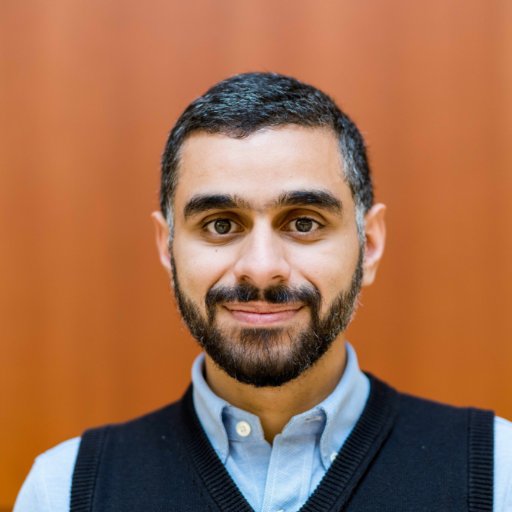
Abdullah Almaatouq
Abdullah Almaatouq is a Research Assistant in the Human Dynamics group at the Massachusetts Institute of Technology, where he is pursuing a PhD in Computational Science & Engineering. Abdullah's work includes conducting theoretical and empirical research on human behavior using innovative approaches and tools ranging from complex systems theory and agent-based modeling, to network analysis, econometric techniques, and behavioral and experimental methods.
Justin Grimmer
Justin Grimmer is a Professor in Stanford University's Department of Political Science. His current research focuses on American political institutions, elections, and developing new machine-learning methods for the study of politics. He is the author of *Representational Style in Congress: What Legislators Say and Why It Matters* and *The Impression of Influence: Legislator Communication, Representation, and Democratic Accountability*.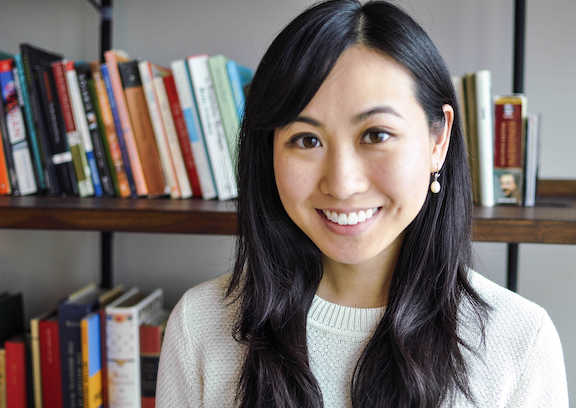
Annie Liang
Annie Liang is an Assistant Professor of Economics at the University of Pennsylvania. She received her PhD from Harvard in 2016, and she spent 2016-7 as a post-doctoral researcher at Microsoft Research-New England. Her research is in economic theory (in particular, learning and information), and the application of machine learning methods for theory building and evaluation.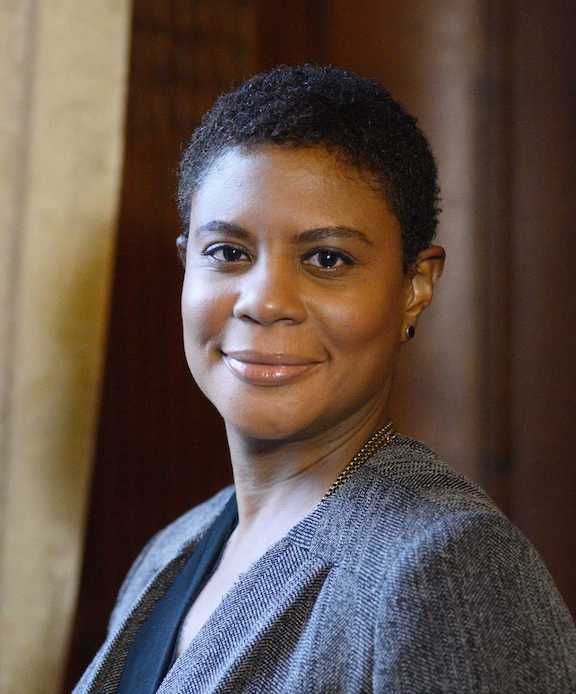
Alondra Nelson
Alondra Nelson is President of the Social Science Research Council and Professor of Sociology at Columbia University, where she served as the inaugural Dean of Social Science. Her research focuses on how science and its applications may shape the social world, including aspects of personal identification, racial formation, and collective action. She is the author of multiple books, most recently *The Social Life of DNA: Race, Reparations, and Reconciliation after the Genome*.
Beth Noveck
Beth Noveck is a Professor in the Technology, Culture, and Society department at the New York University Tandon School of Engineering, where she directs the Governance Lab. New Jersey governor Phil Murphy appointed her as the state’s first Chief Innovation Officer in 2018. Previously, Beth served as the first United States Deputy Chief Technology Officer and director of the White House Open Government Initiative under President Obama. UK Prime Minister David Cameron appointed her senior advisor for Open Government.
Jennifer Pan
Jennifer Pan is an Assistant Professor of Communication at Stanford University. She focuses on the politics of authoritarian countries in the digital age. How autocrats constrain collective action through online censorship, propaganda, and responsiveness. How information proliferation influences the ability of authoritarian regimes to conduct surveillance. How public preferences are arranged and formed. She combines experimental and computational methods with large-scale datasets on political activity in China and other authoritarian regimes to examine these questions.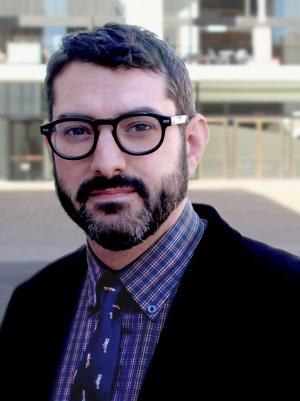
Eric Schwartz
Eric Schwartz is the Editorial Director of Columbia University Press. He was previously senior editor for sociology and cognitive science at Princeton University Press and psychology editor at Cambridge University Press.
Brandon Stewart
Brandon Stewart is Assistant Professor of Sociology and Arthur H. Scribner Bicentennial Preceptor at Princeton University. He develops new quantitative statistical methods for applications across computational social science, with a focus on tools that facilitate automated text analysis and model complex heterogeneity in regression.
Chris Wiggins
Chris Wiggins is an associate professor of applied mathematics at Columbia University and the Chief Data Scientist at The New York Times. At Columbia he is a founding member of the executive committee of the Data Science Institute, and of the Department of Systems Biology, and is affiliated faculty in Statistics. He is a co-founder and co-organizer of hackNY, a nonprofit which since 2010 has organized once a semester student hackathons and the hackNY Fellows Program.Teaching Assistants
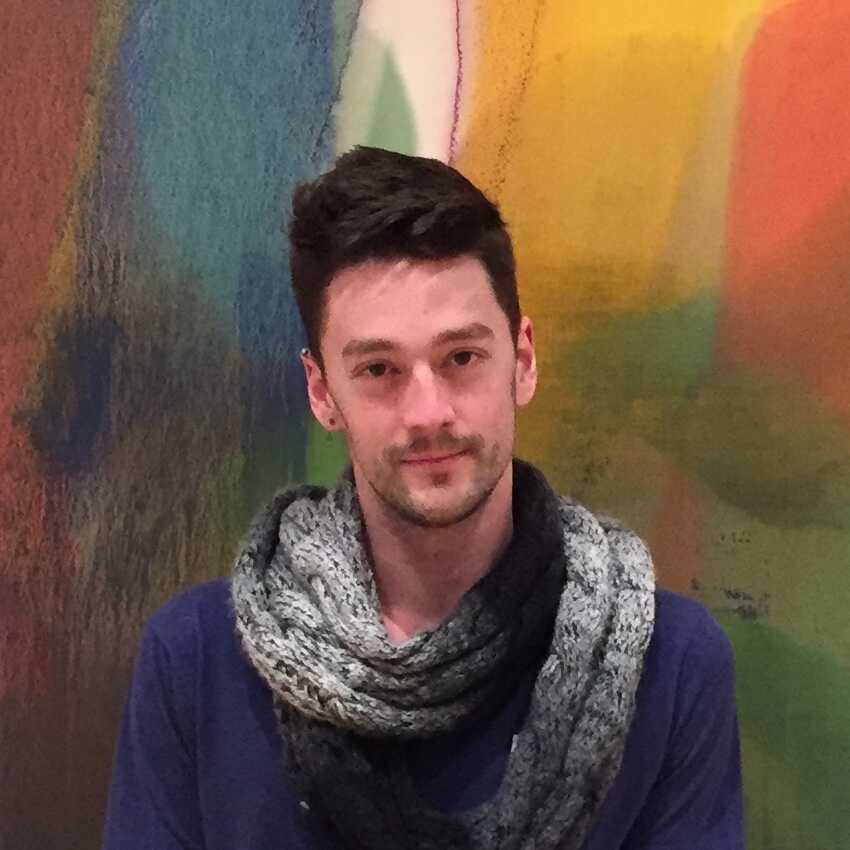
Alex Kindel
Alex is a PhD candidate in the Department of Sociology at Princeton University. He is interested in computational social science, historical sociology, and the formal organization of knowledge. His dissertation traces the development of statistical tools, methods, and standards in applied research since the 1950s.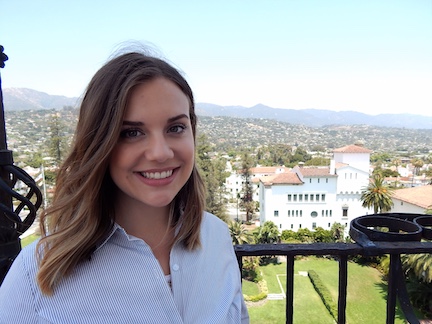
Danielle Montagne
Danielle is a PhD student in the Department of Sociology at Duke University. She is interested in exploring cultural and economic sociology using computational and network methods. Her current research focuses on the organizational, structural, and cultural determinants of tie formation and multiplexity of roles using data about the popular music industry.
Cambria Naslund
Cambria is a PhD student in sociology at Princeton University. She uses computational methods to study questions in the sociologies of science, medicine, and technology. Her current research explores public understandings of medical knowledge and diagnoses using text and image data from newspapers and crowdfunding campaigns. She completed her B.A. in Social Research and Public Policy at NYU Abu Dhabi.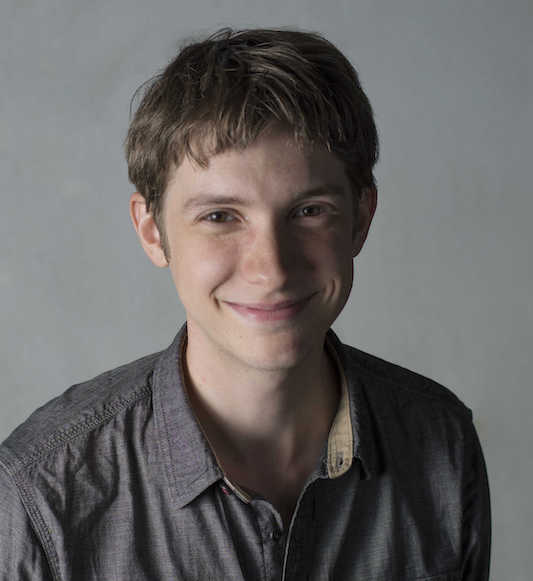
Tom Wolff
Tom is a PhD student in the Department of Sociology at Duke University. His interests include culture, networks, social psychology, inequality, and political sociology. Tom's current projects explore predictors of socioeconomic diversity in friendship networks and the ways in which political discourse changes in the presence of (in)complete information.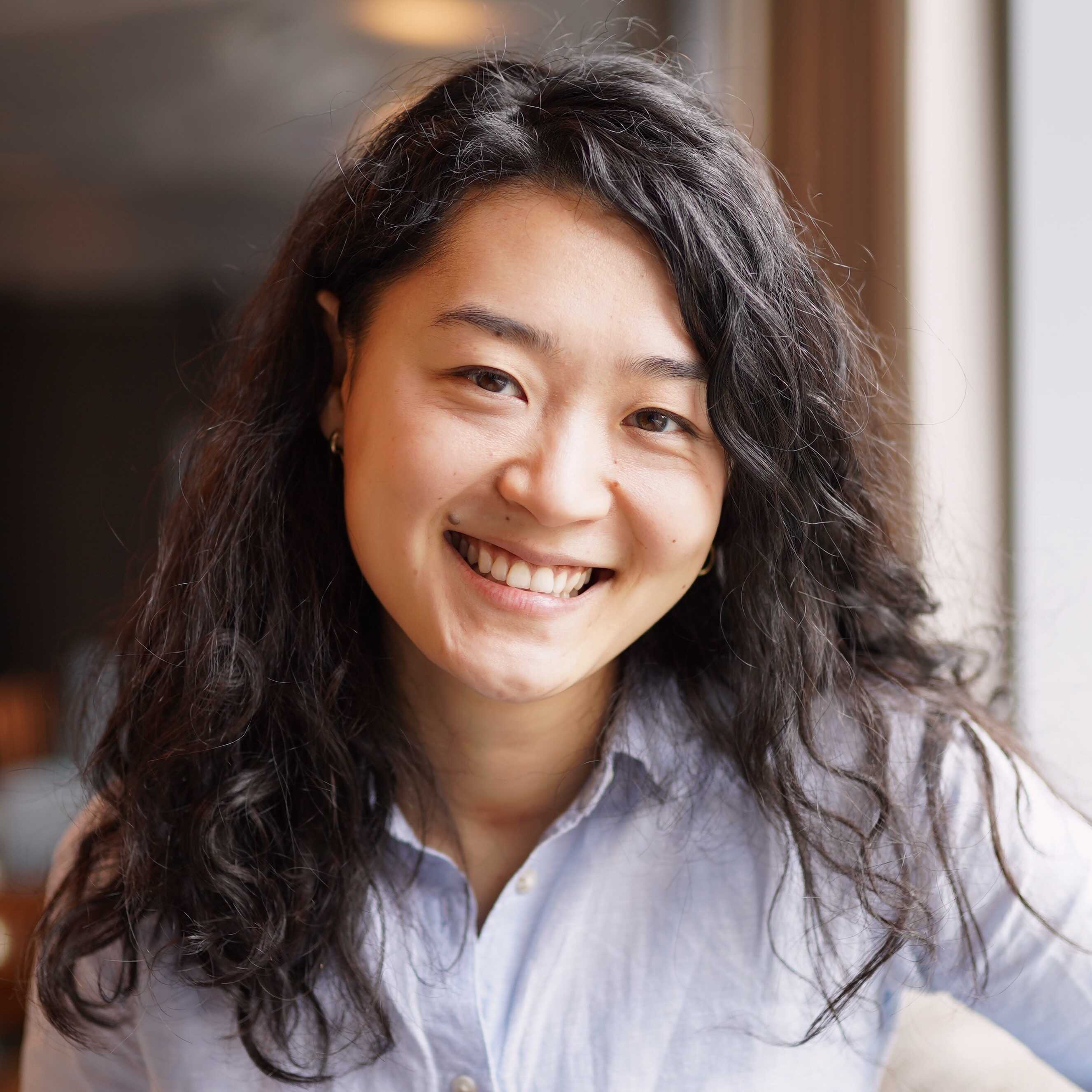
Simone Zhang
Simone is a PhD student in sociology at Princeton University. Her research examines how technology is reshaping how people interact with the organizations they encounter in everyday life. She draws on experiments and digital trace data to study the implications of these shifts for social inclusion, socioeconomic outcomes, and trust in institutions.Participants
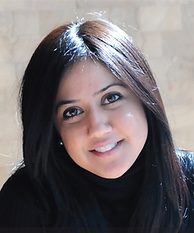
Bedoor Al Shebli
I am a Post-Doctoral Associate at New York University, Abu Dhabi. I received my PhD in Interdisciplinary Engineering from Masdar Institute of Science and Technology, and my MSc in Computer Science from the University of Illinois at Urbana-Champaign. My research focuses on using data science techniques to study social phenomena, with a particular emphasis on social and economic benefits of diversity and the dynamics of social interaction and cohesion. I frame social science problems in the contexts of data science, big data, and machine learning. Cumulatively, my work contributes to the fields of computational social science, data science, and machine learning.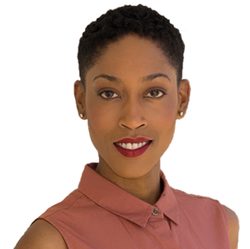
Victoria Asbury
Victoria Asbury is doctoral student in sociology at Harvard University. Her research interests include social stratification, immigration, political discourse, and social policy. She draws on sociological, psychological, behavioral economic, and computational methods to explore relationships between discourse, group-boundaries, and social preferences. Before coming to Harvard, Victoria worked as a booking production-assistant at MSNBC. She received her MA in education and BA in African & African-American Studies from Stanford University.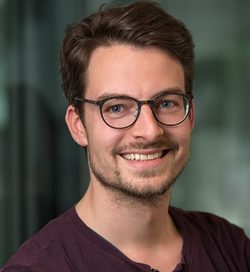
Felix Busch
Felix is a postdoctoral researcher at the Swiss Job Market Monitor, University of Zurich. He received his PhD in Sociology from Nuffield College, University of Oxford. In his dissertation, Felix examined the extent to which gender segregated labor markets produce wage inequality between occupations. In his current position, he builds applications that retrieve large amounts of job ad data from the web in order to monitor labor demand in Switzerland. His main academic interests are wage inequality, gender inequality, occupations, and labor market segregation. In his spare time, Felix thinks about how to use digital tools to solve social problems.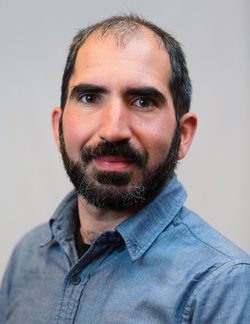
Nicholas Camp
Nick Camp is a postdoctoral researcher at Stanford University, where he received his PhD in social psychology in 2018. His research examines racial disparities in the everyday encounters between police officers and citizens, bridging psychological and sociological perspectives on these institutional interactions. To understand the causes and consequences of these inequities, his work draws on a range of methods, from computational studies of officer body-worn camera footage, experiments in community and lab settings, to analyses of traffic stop data. Nick received his B.A. in Psychology from Columbia University in 2009.
Karina Caro
Karina Caro is an Assistant Professor of Informatics at the Faculty of Administrative and Social Sciences of the Autonomous University of Baja California in Ensenada, Mexico. She received her Ph.D. in Computer Science from the Center for Scientific Research and Higher Education of Ensenada, Mexico (CICESE Research Center). She worked as a postdoctoral researcher in the College of Computing and Informatics and in the Antoinette Westphal College of Media Arts & Design at Drexel University. Her research interests are in human-computer interaction, ubiquitous and pervasive computing, accessibility, and videogames for health. Her research focuses on designing and evaluating technology to support cognitive and motor development of children with neurodevelopmental and genetic disorders such as autism, Down Syndrome, and Cerebral Palsy. All her current research projects intersect computing, medical and social sciences. She works very closely with specialists in the care of children with neurodevelopmental disorders such as neuro pediatricians and physical and occupational therapists, as well as, psychotherapists and special education teachers. Her overall research aim is to create technology for supporting the care of children with neurodevelopmental disorders, contributing to the acquisition and practice of the necessary skills to achieve children's independence.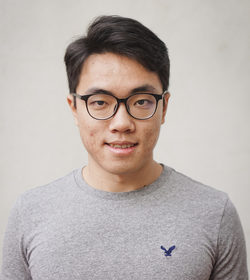
Keng-Chi Chang
Keng-Chi Chang is a PhD Student in Political Science at University of California San Diego. His research interests include political methodology, the intersection of causal inference and statistical machine learning, and political economy. He is broadly interested in all aspects of computational social science. He completed his undergraduate studies in Economics at National Taiwan University.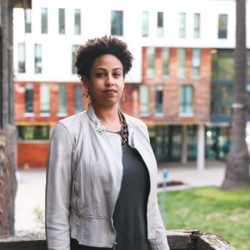
Naniette H. Coleman
Naniette H. Coleman is a PhD candidate in the Sociology Department at UC Berkeley. Her work sits at the intersection of the sociology of culture and organizations and focuses on cybersecurity, surveillance, and privacy in the US context. Her research examines how organizations assess risk, make decisions, and respond to data breaches and organizational compliance with state, federal, and international privacy laws. Naniette holds a Master of Public Administration with a specialization in Democracy, Politics, and Institutions from the Harvard Kennedy School of Government, and both an M.A. in Economics and a B.A. in Communication from the University at Buffalo, SUNY. A non-traditional student, Naniette’s prior professional experience includes local, state, and federal service, as well as for two international organizations, and two universities.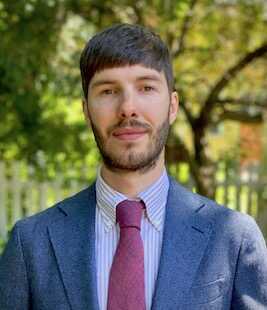
Thomas Davidson
Thomas Davidson is a PhD candidate in Sociology at Cornell University. His dissertation examines why far-right social movements and political parties have been so successful at using social media to build large online audiences and the extent to which these groups have influenced public debates on contentious political issues including immigration, Islam, and Brexit. More broadly, he is interested in combining computational methods and online data with more traditional quantitative methods to study politics and culture.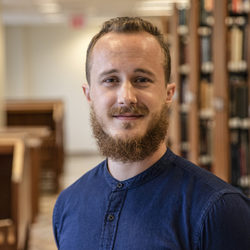
William Frey
William Frey (he/they) is a doctoral student at Columbia University's School of Social Work, coordinator of the SAFElab, and researcher in the Cogburn Research Group. His research focuses on race and whiteness within the context of digital technoculture, and the individual and collective role of white people in the perpetuation of socio-technological systems of domination and power (e.g., digital racism). He has expertise in contextual analysis of social media, social media data ethics, and community/domain expert involvement in computational mixed methods research. William received his M.S.W. in community organizing from the University of Michigan's School of Social Work.
Anton Gollwitzer
Anton Gollwitzer is a PhD student in the Automaticity in Cognition, Motivation, and Evaluation Laboratory at Yale University. He completed bachelor's degrees in psychology and computer science at New York University before joining Yale. Broadly construed, his research focuses on social cognition, individual differences, social perception, and motivation. Currently he is working on: (1) How do people think and feel about patterns and pattern deviancy, and how do these judgments impact social phenomena, (2) Generalized person perception: How the individual perceives people in general, and (3) Behavior-change interventions and motivational processes.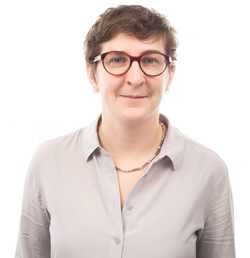
Malka Guillot
Malka Guillot is a post-doctoral fellow at the Center for Law and Economics at ETH Zürich. She received her Ph.D. in Economics with a focus on taxation and inequality from the Paris School of Economics. Her research applies computational approaches to problems in empirical public finance. She explores both dimensions of big data: its length, by using administrative data such as income tax returns and its width with text corpora such as the tax code.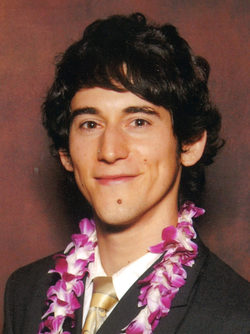
Jaren Haber
Jaren Haber is a PhD candidate in sociology at the University of California, Berkeley. His research applies computational methods to study how organizational contexts shape the impacts of structural inequalities. Jaren’s dissertation—a complex project assisted by a dozen apprentices—researches whether ideological differentiation amongst charter schools reflects and reinforces stratification by race and class. In doing so, he uses web-crawling, mixed-effects models, and computational text analysis. Jaren also co-coordinates the Computational Text Analysis Working Group and the TextXD (Text Across Domains) symposium at UC Berkeley.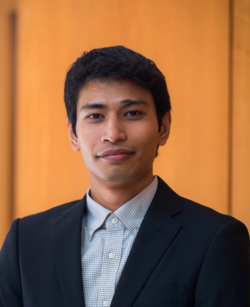
Masyhur Hilmy
Masyhur is a PhD student in Economics at Boston University. His research interests include the economics of education, social protection, and migration. He previously worked at J-PAL Southeast Asia, where he was involved in RCTs to evaluate a community block grant program, a nationwide welfare eligibility census, and the expansion of Indonesia's national health insurance program to the informal sector. Masyhur received his bachelor’s degree from Institut Teknologi Bandung and his master’s degree from Kyoto University, both in Astronomy.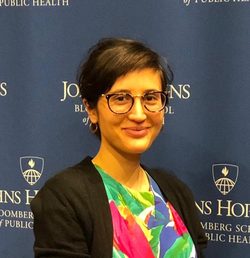
Brooke Jarrett
Brooke Jarrett is a doctoral student of Infectious Disease Epidemiology in the Bloomberg School of Public Health at Johns Hopkins University. She is broadly interested in how technology can lessen inequalities in healthcare access. Her dissertation explores the ethics and mental health impact of chatbots — computer programs that mimic human-to-human conversations. Methodologically, she hopes to use text analyses to quantify and describe potential harms of chatbots. Brooke holds an BS from MIT and MS from Northwestern University in environmental engineering.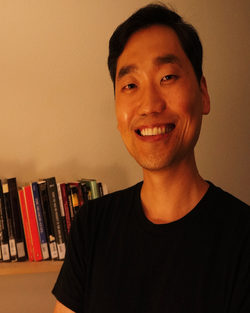
Jae Yeon Kim
Jae Yeon Kim is a PhD candidate in political science at the University of California, specializing in comparative historical approaches to the study of race, ethnicity, and politics. His research examines coalitional dynamics within minority communities, focusing on the conditions under which ethnic minority groups form a race-based coalition in the United States and elsewhere. Kim is interested in leveraging computational text analysis and machine learning to study how racial solidarity works in the post-civil rights era. Prior to coming to Berkeley, Kim worked in the tech industry.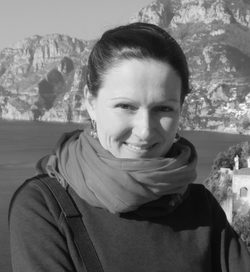
Monika Leszczyńska
Monika Leszczyńska is Assistant Professor of Empirical Legal Research at the Maastricht University Faculty of Law, Netherlands. She received her PhD in law from University of Bonn (Germany). In her research, she uses laboratory and online experiments as well as content analysis to deliver evidence-based insights to legal decision-makers on the impact of law on human behavior. She studies how individuals make decisions in the online environment. She is looking at the contractual terms of free and paid digital transactions, how zero-price offers affect people’s decisions about their contractual rights and privacy as well as how digital contract formation (e.g., by clicking on OK) influences impulsive decisions. Monika holds also a master’s degree in law from Adam Mickiewicz University in Poznan (Poland), LLM degrees from Ludwig Maximilian University in Munich (Germany) and New York University. In 2016/2017 she was a post-doctoral fellow at the New York University School of Law. During her doctoral studies, she was a research fellow at the Max Planck Institute for Research on Collective Goods in Bonn (Germany).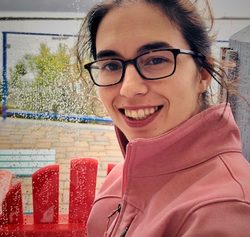
Katherine McCabe
Katherine McCabe is an Assistant Professor of Political Science at Rutgers University. Her research focuses on public opinion, political communication, and political psychology. She uses surveys, experiments, and text analysis to understand how people’s social identities, attitudes, and personal experiences shape and complicate the ways they engage in politics.
Kevin Munger
Kevin Munger is a Postdoctoral Fellow at the Princeton Center for the Study of Democratic Politics, and will begin as an Assistant Professor of Political Science and Social Data Analytics at Penn State University in the fall of 2019. He has conducted a series of field experiments on Twitter to study online norm enforcement. His current interests include the heterogeneity of online media effects — moderated by age and digital literacy — and developing a framework for conducting more "temporally valid" research in the rapidly-changing field of online social and political behavior.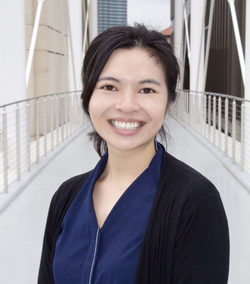
Margaret Ng
Margaret Ng is an Assistant Professor of Journalism and Computer Science at the University of Illinois Urbana-Champaign. Her current research is on (1) technology use discontinuance, (2) technology and information diffusion, and (3) social media in news contexts. Methodologically, she takes a hybrid approach that combines big data, machine learning, as well as survey, and experimental research on media platforms. She received her Ph.D. in Journalism at the University of Texas at Austin. Ng was an advanced analytics intern at Pew Research Center’s Data Labs and worked as a news artist at National Geographic Magazine, The Seattle Times and a data reporter for The Center for Public Integrity.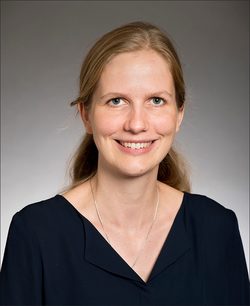
Nynke Niezink
Nynke Niezink is an Assistant Professor in Statistics and Data Science at Carnegie Mellon University. She received her PhD from the Department of Sociology at the University of Groningen. Her research focuses on the development of statistical methods for network analysis, with applications in education, health sciences and management. For a recent project on criminal networks, she studied what drives violence among organized crime members.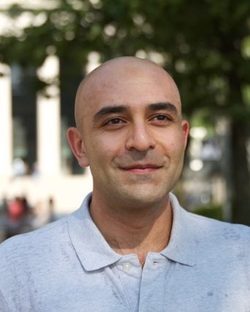
Amin Rahimian
Amin Rahimian is a postdoctoral associate at the MIT Institute for Data, Systems, and Society (IDSS). He received his masters in systems engineering and PhD in electrical and systems engineering from the University of Pennsylvania, and masters in statistics from the Wharton School at UPenn. His research interests include network science, statistics, control and decision theory, with applications to social and economic networks.
Sarah Rezaei
Sarah Rezaei is an assistant professor at the chair of Microeconomics at Utrecht University School of Economics. Her main fields of interest are Behavioral and Experimental Economics. She is particularly interested in social and economic networks, how they form, why they show certain patterns and how their structure impact on human behavior. Specifically, a large part of her research investigates the impact of the decision context on people's other-regarding and cooperative behavior theoretically and experimentally.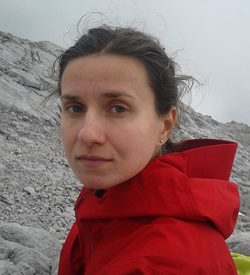
Elizaveta Sivak
Elizaveta Sivak is currently pursuing a PhD in Sociology at Higher School of Economics (HSE), Moscow. She is also the head of the Center for Modern Childhood Research at the Institute of Education, HSE. Her dissertation project is concerned with modern parenting culture, or parents practices, folk theories on child-rearing, and discourse on parenting. Her other areas of interest include children’s everyday practices and well-being, gender bias in education, sociology of science and scientific communities, and the methodology of using digital trace data in social sciences.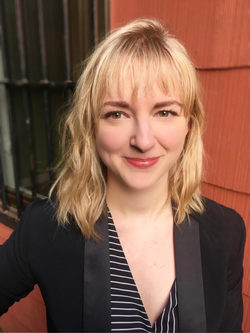
Stephanie Teeple
Stephanie Teeple is an MD-PhD candidate and doctoral student in the Department of Biostatistics, Epidemiology and Informatics at the University of Pennsylvania. She is interested in how nascent data technologies (machine learning, artificial intelligence) stand to harm marginalized populations in the healthcare setting and how we can do better. Stephanie received her BA from the Woodrow Wilson School of Public and International Affairs at Princeton University and previously worked as a Post-Bachelor Fellow at the Institute for Health Metrics and Evaluation in Seattle, WA.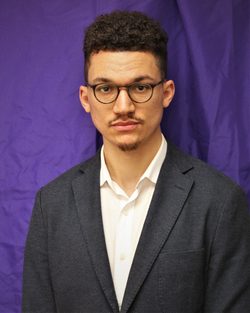
Andrew Thompson
Andrew Thompson is a PhD candidate in Political Science at Northwestern University. His research interests span public opinion, causal inference, climate change, and immigration. His current work explores how demographic changes affect political attitudes and policy opinion using experimental and computational methods. Andrew holds a BA in Political Science and Philosophy from Marquette University.
Austin van Loon
Austin van Loon is a PhD candidate in the Sociology department at Stanford University. He’s interested in the human search for shared meaning and how this is tied to broader social structures in both determinants and consequence. Using this theoretical lens, he studies organizational culture, political polarization, and interaction within organizations. He approaches these questions using computational methods (especially text analysis, machine learning, and agent-based simulations), experiments, social network analysis, and causal inference.
Tiago Ventura
Tiago Ventura is a Ph.D. Student in Government and Politics at the University of Maryland, College Park. His research agenda focuses on comparative political economy, politics of crime and violence, with a regional focus in Latin America. His doctoral dissertation uses economic models of welfare to understand the impact of wealth inequality on citizens preferences for punitive policies and in the provision of security by the State. Additionally, Tiago has worked on a variety of projects using network analysis, experiments, and computational methods to understand framing, polarization, and social conflict on Twitter. Tiago is also an affiliated researcher at the Interdisciplinary Laboratory for Computational Social Science at the University of Maryland.
Florianne Verkroost
Florianne Verkroost is a second-year PhD candidate in Sociology at Nuffield College, University of Oxford. She holds a BSc in Technology and Liberal Arts and Sciences, majoring in Applied Mathematics and Physics, from University of Twente as well as a MSc in Econometrics and Management Science from Erasmus University Rotterdam. Florianne’s main interests are in advanced quantitative methods, machine learning and the use of digital trace data. Given these interests and her interdisciplinary background, Florianne’s doctoral thesis focuses on applying such methods and data to questions of the reproduction of inequalities (e.g. gender, wealth and well-being) as a consequence of changes in family size and childlessness in particular.